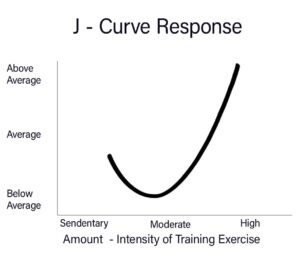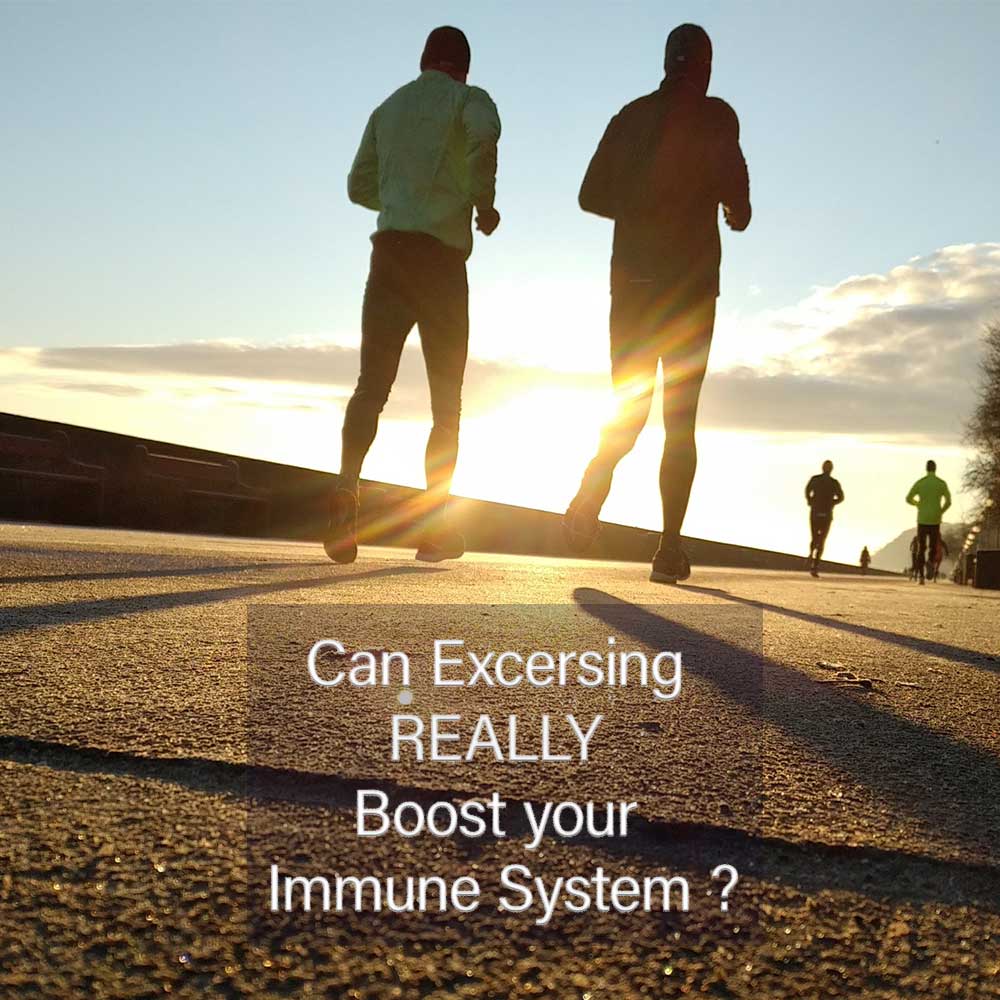Corona Virus has taken over the world by a storm and has left the whole world shaken. Everyone’s daily routine has been compromised in one way or another. So boosting the immune system is now more crucial than ever.
CoronaVirus has a greater chance of infecting people with a weak immune system. So the only thing we can do is find ways to boost up our immune system to fight this invisible enemy.
Studies on Boosting the Immune System
During the Boston marathon in 1901, Ralph Larrabee; a Harvard doctor took the blood samples of four runners. To his findings the white blood count (a measure of the immune system) was way out of balance. Concluding, that the physical efforts of the runners compromised their strong immune systems.
Ever since that day the subject of finding a correlation between physical exercise and a strong immune system has been the center of discussion. This topic is now resurfacing as the coronavirus pandemic has engulfed the world into difficult times.
Some people have found it difficult to cope up with social distancing and daily exercise routines. While others now have an ample amount of free time on their hands to exercise and train harder than ever before. It turns out both of them are not great immune boosters.
Immunologists all over the world have described the relationship between duration, the intensity of the workout, and the infectious risk to follow a J-Curve. Meaning that low or close to no exercise tends to increase the risk of infection as opposed to doing nothing. Studies have shown that people who work out daily tend to feel less sick or capture respiratory infections twice as less as those not committing to a daily routine of exercise.

But the J-Curve theory suggests that this follows diminishing returns. There comes a point when too many intense workouts have shown to compromise the immune system and have increased the rate of infection more as compared to people that are not committing to exercise.
Jonathan Marcus, an elite track coach has urged people to not be irresponsible and carry out their explosive workout routines in these times.
Now we have another question that needs to be answered; what is too much? What is the limit after which we should stop? It is a fairly important question to answer but tricky nonetheless.
Another study carried out by Neil Walsh suggested that people who ran 2 hours of low intensity running with 30 minutes of high intensity running and concluded that the risk factor is associated with the duration not the intensity. This is because prolonged exercises tend to deplete the fuel stores your immune cells rely on and the effects could be seen within the 60 or 90 minutes of workout.
Though not everyone agrees with this claim.
John Campbell went about carrying out his studies on the matter and found that traveling and huge crowds are not a problem for people who exercise alone. They believe the immune system could also be compromised due to external interventions as well. Stress and lack of sleep have shown to be increasing the risk factor of the immune system.
Further studies by Neil Walsh showed that anxiety and psychological stress tend to have the same effect on the immune system as the intense and lengthy workout sessions.
The Secret to a Strong Immune System
Considering all of the variables it is difficult to determine a single routine. As everyone has different physiology and has made unique lifestyle decisions, boosting the immune system can be a tricky task. Nieman suggested that we follow a simple 60-60 rule. Where he suggested that you carry out 60 minutes or less workout with your heartbeat ranging no more than 60% your maximum capacity. You could get some high-intensity spikes as the whole workout does not need to focus solely on high intensity.
Consider this as well, the effects of this are going to be different on everyone. As someone who is running because he cannot go to the PSL matches would be drenched in sweat. While gasping for air most of the time during his single hour of the run. This could be stressing him out. While being too intense for him causing adverse effects on the immune system. As compared to someone who followed a routine of running in the morning every day; running for him could act as a stress reliever and could cause exercising to act as an immune booster.
Conclusion:
You need to find a custom routine that suits your need the best. While not causing you to exhaust yourself a lot, take time offs, and rest up. While maintaining social distance from others, Something you are already doing.
